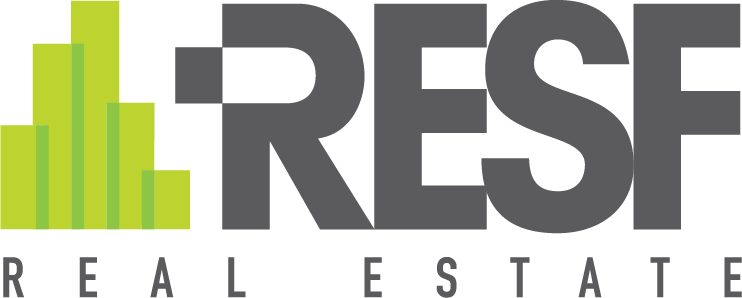Debunking 5 Common Credit Score Myths That Many Home Buyers Believe (2025 Update)


Debunking 5 Common Credit Score Myths That Many Home Buyers Believe
May 10, 2025

Scott Lehr, PA
Licensed Realtor & Mortgage Specialist
The Listing Team at RESF
Phone: 954-342-6180 | Email: scott@reallistingagent.com
Get Your Free Credit Consultation
PROPERTY SEARCH
After helping 63 buyers navigate mortgage approvals last month in Fort Lauderdale, Weston, and Pembroke Pines, I’ve heard every credit score misconception imaginable. Let’s bust these 5 persistent myths that could be costing you thousands.
2025 Credit Score Facts
The average FICO score for approved mortgages in South Florida is now 732, with VA loans averaging 701 and conventional loans requiring 752 (Source: Ellie Mae March 2025 report).
Myth #1: Checking Your Credit Lowers Your Score
The Myth:
“Every time I check my credit, it hurts my score, so I should avoid looking.”
The Truth:
Soft inquiries don’t affect your score. When you check your own credit or when lenders pre-qualify you, it’s a “soft pull” with no impact. Only “hard inquiries” from actual credit applications (within a 45-day window) affect scores, typically by 3-5 points.
What to do: Monitor your credit regularly through AnnualCreditReport.com or your bank’s services. In 2025, you can check all three bureaus weekly for free.
Myth #2: You Need Perfect Credit to Buy a Home
The Myth:
“My 680 score means I can’t qualify for a mortgage in South Florida.”
The Truth:
Multiple loan programs exist for various credit situations:
- FHA: Minimum 580 (3.5% down) or 500 (10% down)
- VA: Often approved at 620+
- Conventional: Typically 620+ (better rates at 740+)
What to do: Consult with a mortgage broker about non-traditional credit options if you have thin credit history.
Myth #3: Closing Old Accounts Helps Your Score
The Myth:
“I should close my old credit cards to simplify my credit profile.”
The Truth:
Closing accounts can hurt your score by:
- Reducing your total available credit (increasing utilization)
- Shortening your credit history length
FICO considers both the age of your oldest account and average age of all accounts.
What to do: Keep old accounts open with occasional small charges to maintain activity.
Myth #4: All Credit Scores Are the Same
The Myth:
“The score I see on Credit Karma is what lenders use.”
The Truth:
Mortgage lenders use specialized FICO models:
| Score Type | Used For | Range |
|---|---|---|
| FICO Score 8 | Credit cards, personal loans | 300-850 |
| FICO Score 2/4/5 | Mortgage applications | 300-850 |
| VantageScore 4.0 | Consumer websites | 300-850 |
Your mortgage score can be 20-50 points different from what you see on free monitoring sites.
What to do: Request your FICO Score 2/4/5 from myFICO.com before mortgage shopping.
Myth #5: Income Affects Your Credit Score
The Myth:
“I got a raise, so my credit score should go up.”
The Truth:
Credit scores don’t consider income. Your $200k salary won’t offset maxed-out credit cards. However, lenders evaluate:
- Debt-to-Income ratio (DTI) – should be below 43% for most loans
- Payment history (35% of score)
- Credit utilization (30% of score)
What to do: Focus on keeping credit card balances below 30% of limits (ideally under 10%).
2025 Credit Improvement Tips
New FICO 10T model (used by some lenders) considers trended data – whether you’re paying down balances or just making minimum payments.
How to Check and Improve Your Credit
Action steps for South Florida buyers:
- Get your real mortgage scores: myFICO.com ($60 for all bureau scores)
- Dispute errors: 25% of reports have mistakes (FTC study)
- Pay down revolving debt: Biggest quick-score boost
- Avoid new credit: Wait 6 months before applying for mortgage

Don’t Let Credit Myths Derail Your Home Purchase
Our team partners with trusted mortgage professionals who can help you understand your true borrowing power. For a personalized credit review, call me directly at 954-342-6180 or schedule a consultation.
– Scott Lehr, PA
Mortgage Specialist, The Listing Team at RESF




